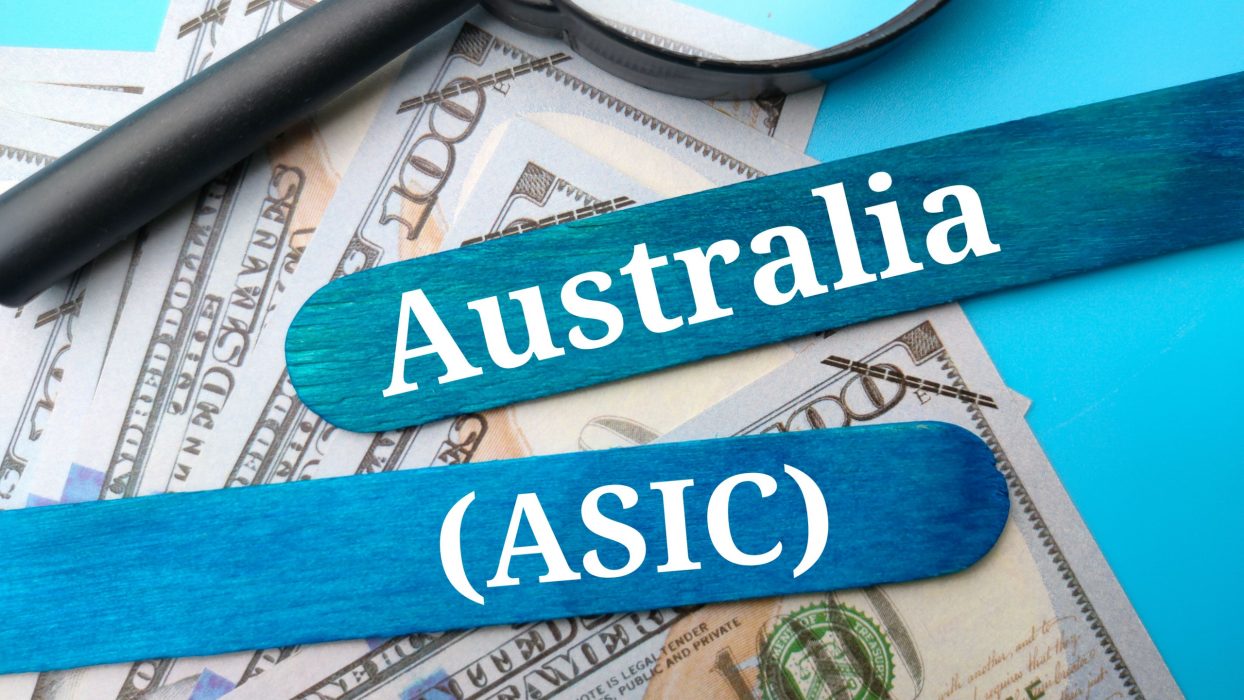The Aussie company behind the controversial crypto token Qoin is being sued by the Australian Securities and Investments Commission (ASIC), alleging its marketing included false, misleading and deceptive claims about how investors could use the tokens.
ASIC’s civil court legal action against BPS Financial Limited — the company that launched Qoin in late 2019 — also alleges unlicensed conduct and that BPS falsely conveyed that the company and its wallet app were regulated and legally compliant.
In a statement issued on Tuesday October 25, ASIC Deputy Chair Sarah Court said:
“ASIC is particularly concerned about the alleged misrepresentation that the Qoin Facility is regulated in Australia, as we believe the more than 79,000 individuals and entities who have been issued with the Qoin Facility may have believed that it was compliant with financial services laws, when ASIC considers it was not.”
ASIC Deputy Chair Sarah Court
An announcement on the Qoin website states that BPS is reviewing the allegations, does not agree with ASIC’s position, and will be defending the matter.
Limits on Exchanging Tokens Raises Concern for Consumers
The idea behind Qoin tokens is that they can be used by consumers as a digital currency within a large ecosystem of participating businesses, to enable secure and contactless payments — upon its launch, BPS claimed to have more than 35,000 merchants signed up.
BPS also marketed that Qoin tokens could be swapped for crypto and Australian dollars, via Block Trade Exchange Limited, aka the BTX Exchange, which is linked to BPS and has the same directors.
Early critics argued this closed system reduced the token’s utility and created a potential conflict of interest. Frustrated investors have long been complaining about difficulties in selling Qoin.
Core allegations being made by ASIC related to the current civil court action include that BPS falsely assured investors that they could exchange their Qoin tokens for other crypto assets or fiat currency, and that they could use Qoin tokens to purchase goods and services from a growing number of merchants.
“We allege that, despite what BPS represented in its marketing, Qoin merchant numbers have been declining, and that there have been periods of time where it was not possible to exchange Qoin tokens through independent exchanges.”
ASIC Deputy Chair Sarah Court
ASIC is seeking declarations, pecuniary penalties, injunctions and adverse publicity orders from the Court.
Coin’s Chequered Crypto Journey
In its short history, the Qoin token has been embroiled in controversies including:
- February 2021: Blockchain Australia terminated Qoin’s membership due to concerns it was a scam.
- November 2021: Salerno – an Australian crypto dispute specialist law firm – began preparations for a class action suit against Qoin for A$100 million, based on potential fraud and pyramid-like selling of financial products.
- March 2022: A Queensland construction company, Privium, moved into liquidation after taking a A$3 million gamble on Qoin tokens.


